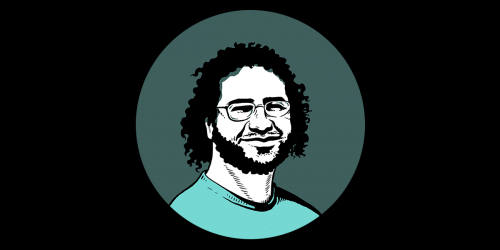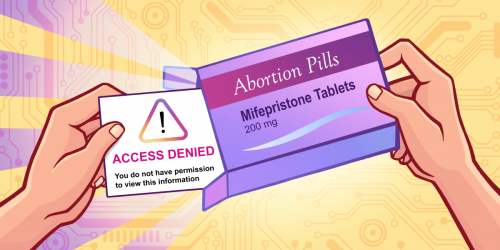EFF, ACLU Ask California Supreme Court to Restore Free Speech Protections for Internet Users and Service Providers
California - Last week the Electronic Frontier Foundation (EFF) and the American Civil Liberties Union of Northern California (ACLU) filed a friend-of-the-court brief in a case that could undermine a federal statute protecting the free speech of bloggers, Internet service providers, and other individuals who use the Internet to post content written by others. The case in question is a libel suit filed against women's health advocate Ilena Rosenthal after she posted a controversial opinion piece on a Usenet news group. The piece was written not by Rosenthal, but by Tim Bolen, a critic of plaintiff Terry Polevoy.
In their brief, EFF and the ACLU argue that Section 230 of the federal Telecommunications Act of 1996 protects Internet publishers from being held liable for allegedly harmful comments written by others. Similar attempts to eliminate the protections created by Section 230 have almost universally been rejected, until a California Court of Appeals radically reinterpreted the statute to allow lawsuits against non-authors. The case is being reviewed by the California Supreme Court.
Lawyers for the plaintiffs argue that Rosenthal is liable because posting the comments makes her a "developer" of the information in question, and she therefore becomes the legal equivalent of its creator for the purposes of the lawsuit. If the court finds in favor of the plaintiffs, the implications for free speech online are far-reaching. Bloggers could be held liable when they quote other people's writing, and website owners could be held liable for what people say in message boards on their sites. The end result is that many people would simply cease to publish or host websites. In its brief, EFF argues that "the specter of civil liability chills the speech" of Internet service providers and users, and will inevitably lead to "protective self-censorship."
"Every other jurisdiction addressing Section 230 has given effect to Congress' broad protections and Internet speech has flourished as a result," said EFF Staff Attorney Kurt Opsahl. "The Court of Appeals upset this settled law and we are simply asking the California Supreme Court to set things right."
"Section 230 protects the ordinary people who use the Internet and email to pass on items of interest written by others, free from the fear of potentially ruinous lawsuits filed by those who don't like what was said about them," said ACLU Staff Attorney Ann Brick. "The vitality of the Internet would quickly dissipate if the posting of content written by others created liability. The impulse to self-censor would be unavoidable."
Contacts:
Kurt Opsahl
Staff Attorney
Electronic Frontier Foundation
kurt@eff.org
Stella Richardson
Media Relations Director
ACLU Northern California
srichardson@aclunc.org









